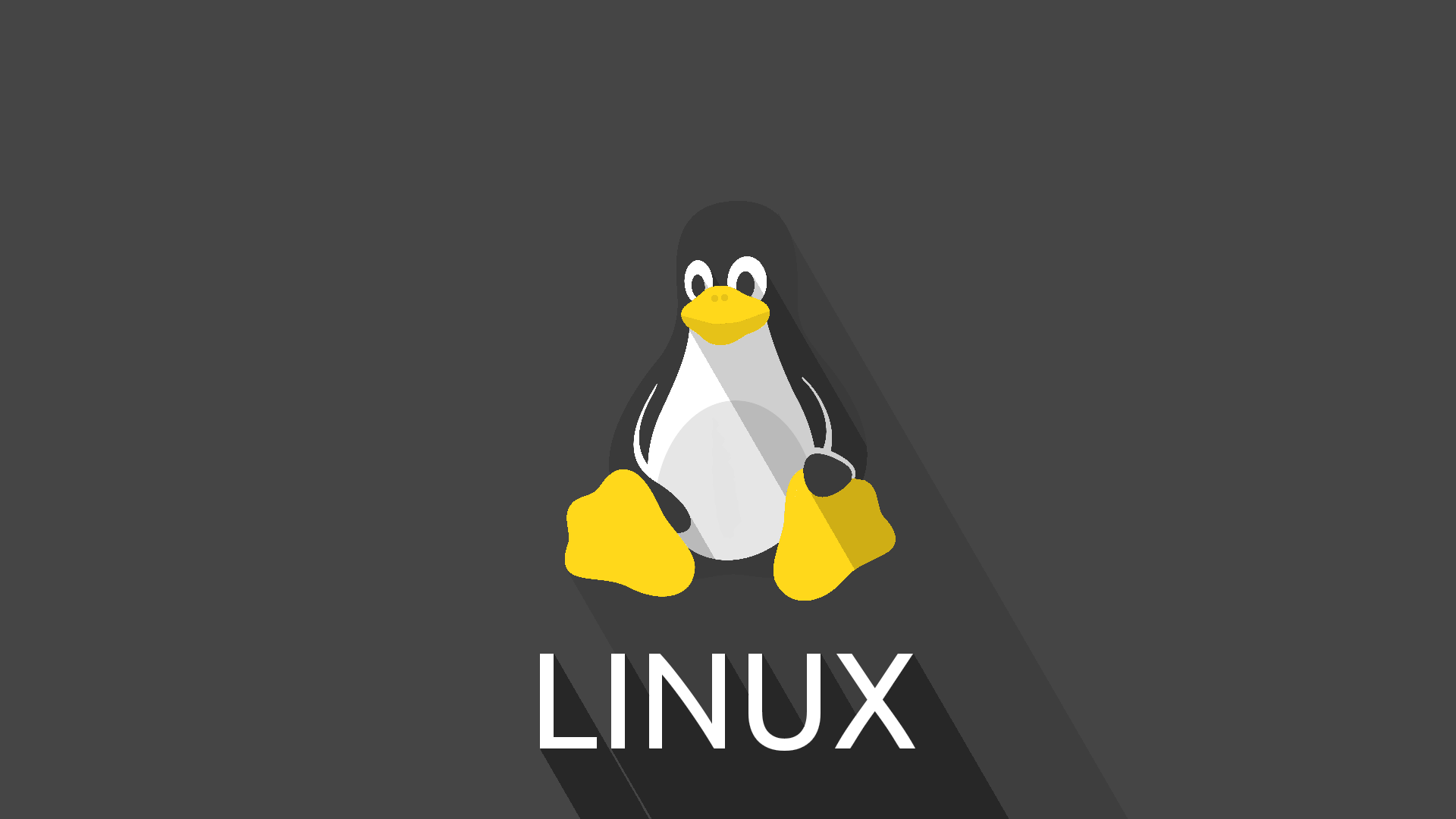On October 18th, a significant update in the Linux community sparked a mix of debate and concern as several maintainers, specifically those with Russian and Eastern European ties, were removed from the Linux maintainers list. This change, reported in a message to the Linux kernel mailing list, hinted at complex compliance measures tied to international sanctions. Below, we delve into the specifics, implications, and potential future impacts of this decision on the Linux ecosystem and the broader software development landscape.
Compliance and Removal of Russian Maintainers
The message that announced the removal explained that the action was due to various “compliance requirements.” Notably, many of the removed individuals were identified as Russian or associated with Russian entities, which further fueled the discussion. The kernel developers affected could, in theory, regain their positions if they met certain documentation standards. This step underscores how political and economic sanctions are now affecting open-source projects like Linux, known for being community-driven and widely accessible regardless of geographical location.
Linus Torvalds’ Response to Community Concerns
Linux’s creator, Linus Torvalds, responded to widespread community inquiries with his characteristic directness, emphasizing that the removals were driven by external compliance needs, particularly U.S. sanctions on specific countries and companies. His response further fueled an already polarized conversation. Many in the community began speculating about how these restrictions could impact the project and Linux’s future if political pressures continued to influence technical collaborations. Torvalds’ comments highlighted a recurring issue for open-source projects: balancing regulatory compliance with the spirit of international collaboration.
Historical Context: Sanctions and Software Restrictions
This is not the first time that international sanctions have impacted software from Russian developers. Starting in 2017, Kaspersky, a prominent Russian cybersecurity company, faced significant backlash as its products were banned from U.S. government use. Retailers like Best Buy removed Kaspersky products from shelves, and American users found it increasingly difficult to access or update Kaspersky software without VPN workarounds. The Kaspersky case illustrates how national security concerns can influence the availability of software, especially when it involves closed-source programs with extensive permissions on a user’s system.
Potential Security and Ethical Implications for Open-Source Software
A primary concern with software restrictions lies in the potential for weaponization. Unlike Kaspersky’s proprietary antivirus software, Linux is open-source, theoretically offering higher transparency and security. However, experts acknowledge that open-source projects are not immune to exploitation. For instance, instances of backdoors, like the XZ backdoor, have raised awareness of how state-sponsored entities might inject malicious code even into transparent, community-driven projects. Consequently, the Linux community must be vigilant about ensuring that political and security concerns do not compromise the project’s integrity.
U.S. Influence on Linux and Open-Source Ecosystems
The Linux Foundation’s decision to enforce U.S. sanctions raises questions about the autonomy of open-source projects. When compliance mandates enforce exclusion, they may restrict community participation from sanctioned regions. This, in turn, could lead developers from excluded regions to focus on regional alternatives or specialized Linux distributions, potentially fragmenting the Linux ecosystem. Moreover, political influence over projects like Linux risks transforming open-source initiatives from global collaboration hubs to entities aligned with national interests, thereby diminishing the ethos of accessibility and neutrality.
Similar Sanction Risks for Other Technologies
The issue of sanctions is not limited to Linux; it also affects other technologies like RISC-V, an open-source CPU architecture. The U.S. government has voiced concerns about its use by Chinese companies, arguing that RISC-V should remain under U.S. jurisdiction to prevent misuse. This raises the question of whether other open-source technologies might face similar restrictions, particularly if they are deemed vital to national security.
The Future of Free Software Amid Political and Economic Sanctions
The influence of political decisions on open-source communities such as Linux may encourage countries to develop independent software ecosystems. Russia, for example, has moved toward creating its own operating systems, often Linux-based, as an alternative to Western technologies. This trend of developing independent technologies could eventually enrich the global software landscape if innovations are shared freely. However, if political tensions persist, they might lead to a fragmented open-source world, reducing the cross-border collaboration that has long been a hallmark of the open-source movement.
Conclusion
The recent removal of Russian maintainers from Linux has sparked discussions around the balance between compliance and open collaboration. While compliance with sanctions is a legal necessity, it conflicts with the ethos of open-source projects, which thrive on global contributions and community spirit. As more open-source projects face political pressures, the open-source world will need to adapt to ensure that it remains a platform for innovation, collaboration, and the free exchange of ideas.
